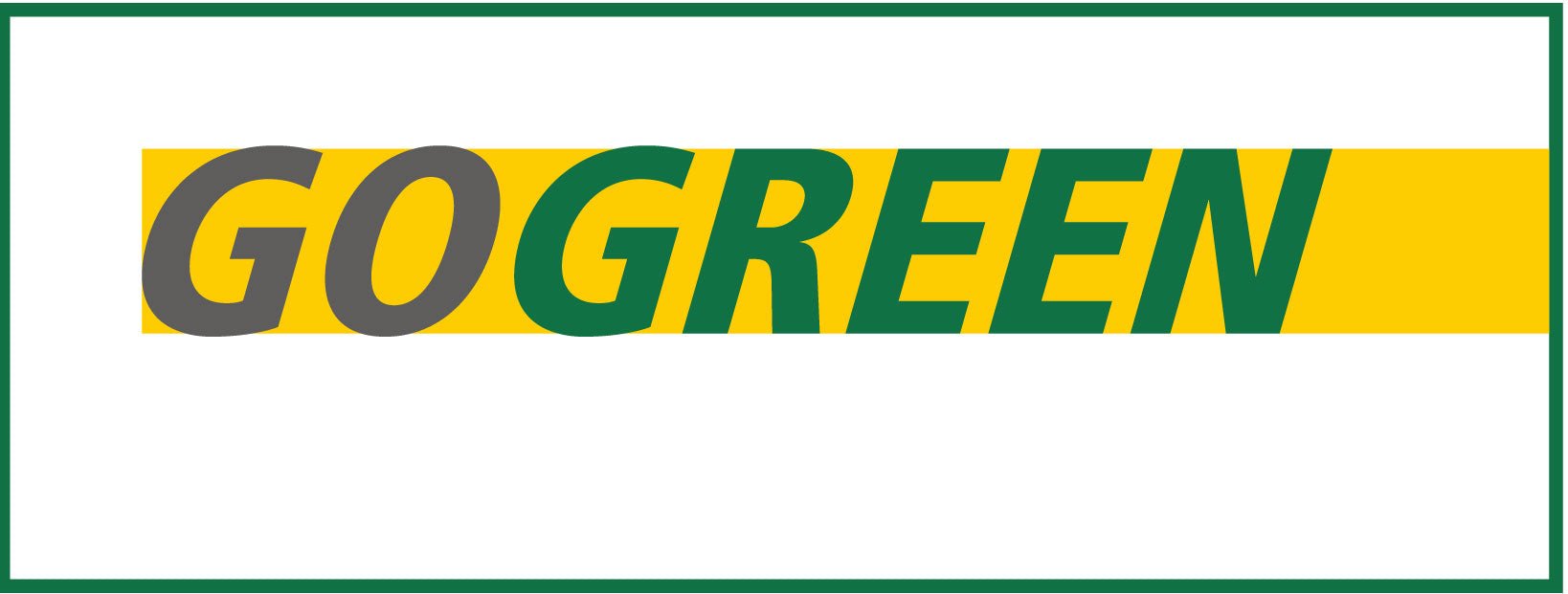
El Tren Macho" in the remote Andean highlands, is Peru's last "real" passenger train. With us on board, it winds its way over 130 km up the mountains to the picturesque colonial town of Huancavelica, past grazing alpacas and llamas through a dramatic landscape. The animals graze high up on the slopes of the Andes, forming a thick layer of hair that protects it from the elements. The hair is shorn annually before being spun into wool, which is similar to lamb's wool but much finer, warmer and softer. It also does not contain lanolin, which causes an allergic reaction in some people.
Hundreds of metres high, the steep mountain walls rise into the sky and the small Inca villages to the right and left on the banks and slopes are often only accessible by train and over sloping paths. With the exception of the intercity buses that take the winding and dangerous roads over the mountains, the "Tren Macho" is the only connection to the outside world for many inhabitants.

Their local remoteness has long been a natural barrier that made it impossible for our talented weavers to collaborate with outsiders.
Fortunately, we have partnered with a social entrepreneur with decades of experience in weaving. It is important to the management, two passionate and visionary women and sociologists, not only to generate stable and fair income for the alpaca weaving workshops.
Nelly, Maricucha and their team make the small family farms fit for the future with free business management courses, monetary advances for raw materials and equipment, and mentoring.
Instead of pure charity, the investment here is in craftsmanship of the highest quality, design and education. Each alpaca blanket is hand-woven by master weavers in small mountain villages in a fair trade environment and the production time of a single blanket is up to one week.










